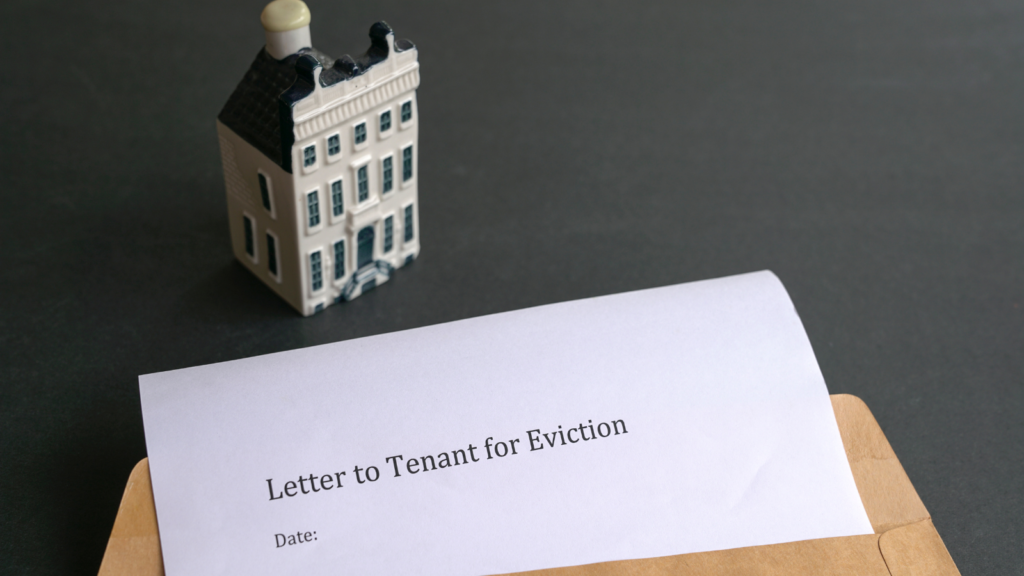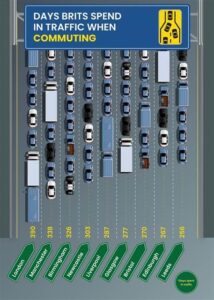Landlords at the end of their tether are subjected to another slur

Landlords who hoped that 2024 might arrive with more balance in the reporting of property rental issues are already reeling from another attack. A Citizens Advice spokesperson has claimed that landlords are using Section 21 evictions to avoid carrying out property repairs.
Sim Sekhon, MD of LegalforLandlords is just one of many who have declared the comments to be ill-informed and is keen to raise understanding that eviction is anything but an easy solution. The idea that a landlord would willingly choose the expense, worry and disruption of the current eviction process – unless it was a last resort – is simply laughable according to Sekhon. He said, “I don’t know a single landlord who wouldn’t rather carry out repairs. Doing the work necessary to keep a good tenant happy and protect the value of their investment makes sense and is far preferable to battling through a lengthy court process.”
Sekhon is referring to a legal system that is beset by a backlog of cases, delays, court errors and spurious counterclaims by defaulters. LegalforLandlords helps its clients navigate the process of gaining possession and, while the picture varies around the country, it has seen cases taking well over twelve months to reach a resolution. Even when a possession order is granted, it can take months to secure the service of court-appointed bailiffs. One landlord has been waiting ten months for this stage of the process alone.
A Section 21 Notice simply isn’t the quick fix that the Citizen’s Advice charity suggests.
What Sekhon finds most galling is that the fair and responsible landlord is expected to put up and shut up while the bad tenant works the system to their advantage. In the LegalforLandlords casebook are numerous examples where tenants use stalling tactics or claim ‘breathing space’ protection to further delay the court process. Social housing providers even encourage these practices. Often there is no legitimate defence and, eventually, the court proceedings conclude in the landlord’s favour but with no compensation for the significant financial losses or the distress suffered. He also told us about the increasing frequency with which local authorities are paying the rent of defaulting tenants on the understanding that landlords will then halt any eviction process. Landlords face a stark choice. If they agree, their financial losses might be reduced but they are stuck with a tenant who has possibly been exploiting the system, damaging the property or causing problems in the neighbourhood.
Sekhon believes that the popular image of the villainous landlords is a gross misrepresentation of the truth and that it serves certain agendas to blame landlords for wider issues in housing. While recognising that the current housing crisis blights many lives he points out that decades of underinvestment in social housing have exacerbated the problem. What’s more, he refutes any suggestions that landlords are to blame, saying that they are often the backstop in a broken system.
He told us, “Landlords are already at the end of their tether. Many are using Section 21 as a way of leaving a sector that neither supports nor respects them. It is their legal right to do so, and to insult them with these generalised, unbalanced slurs is simply unfair.”




